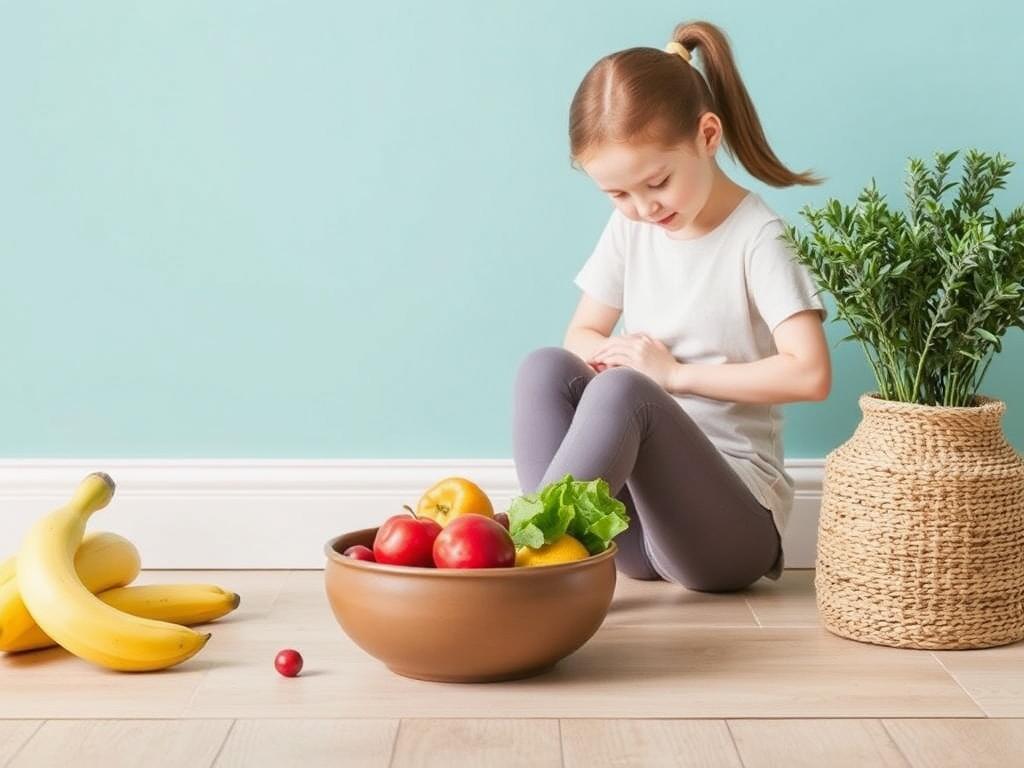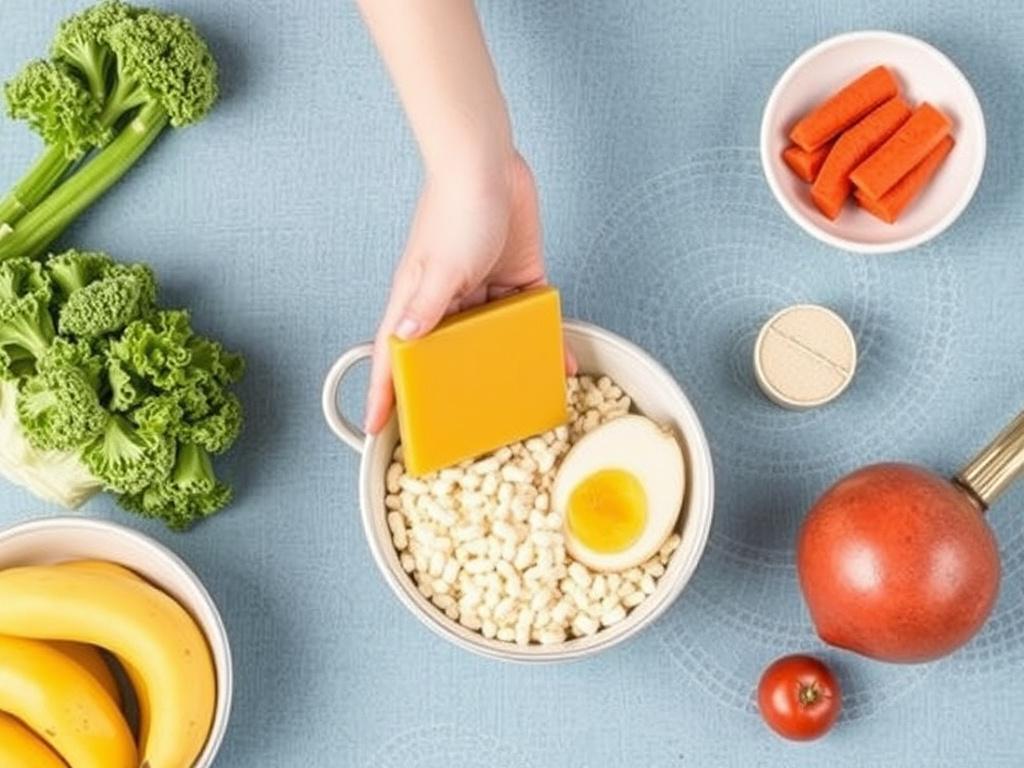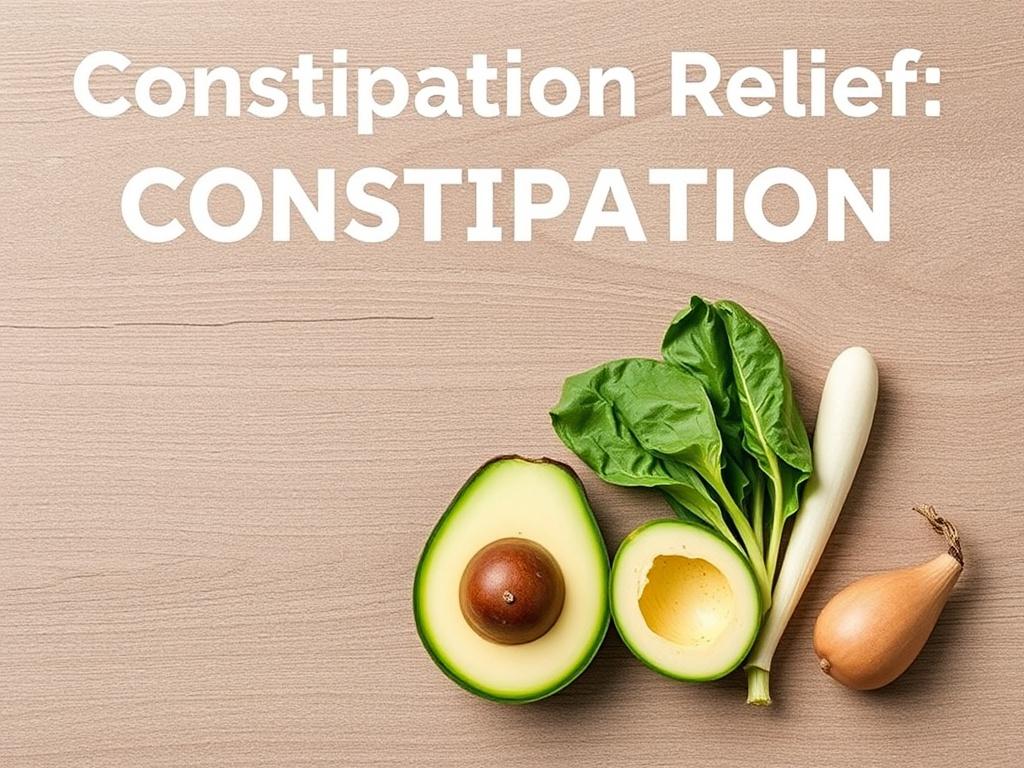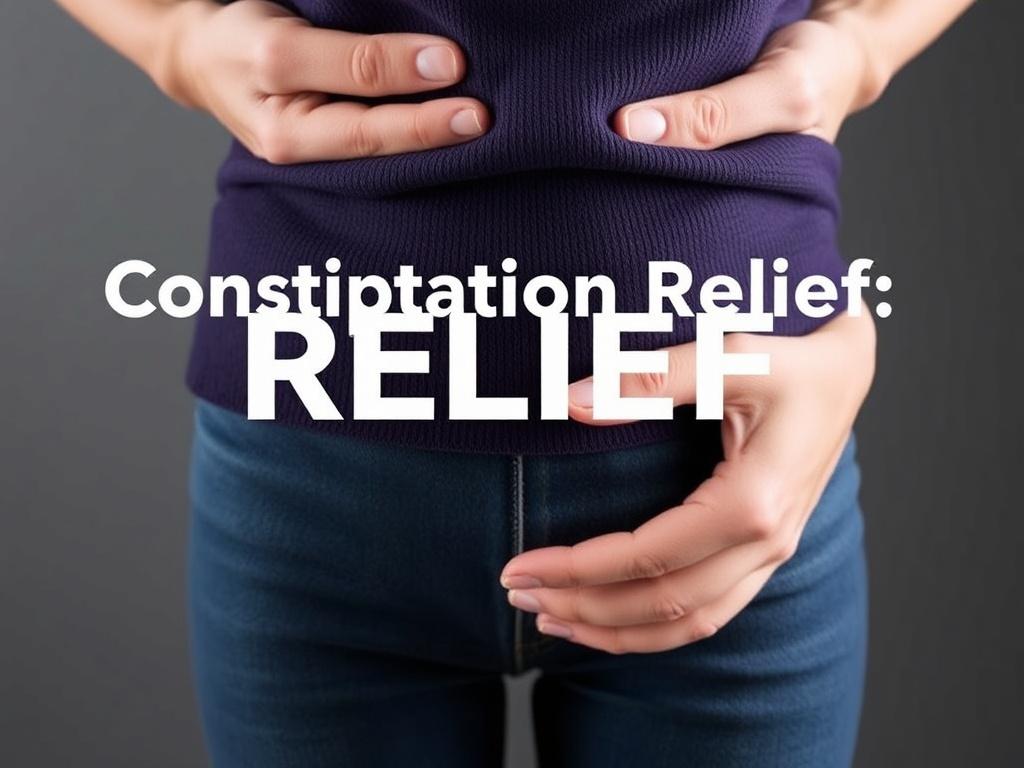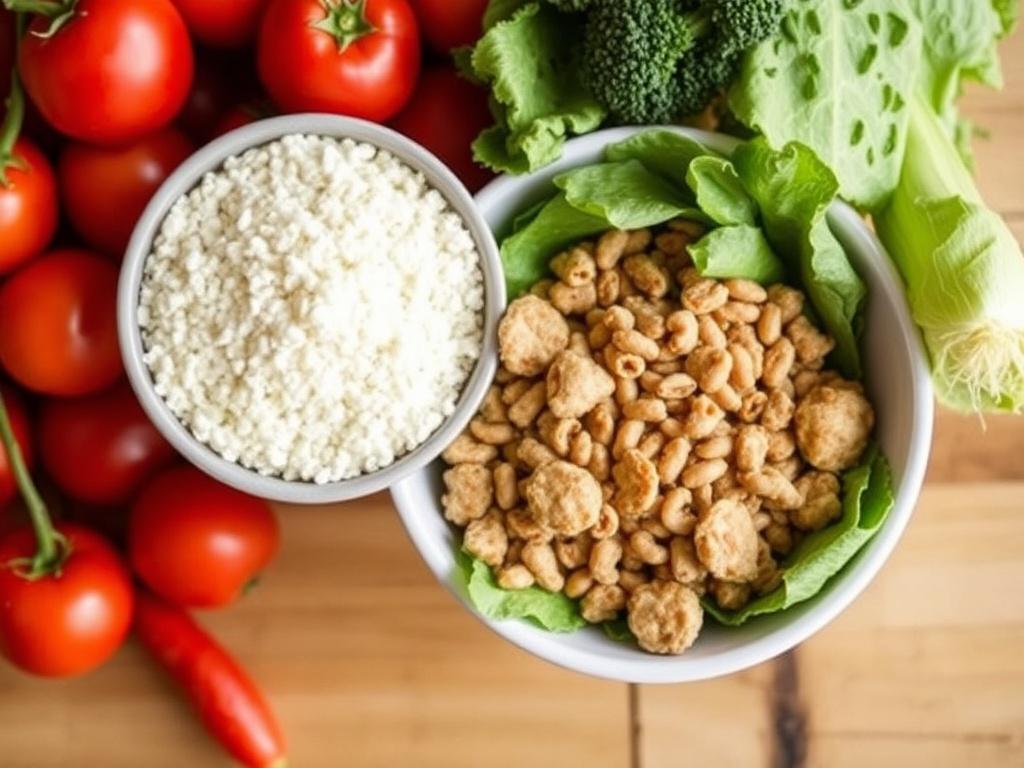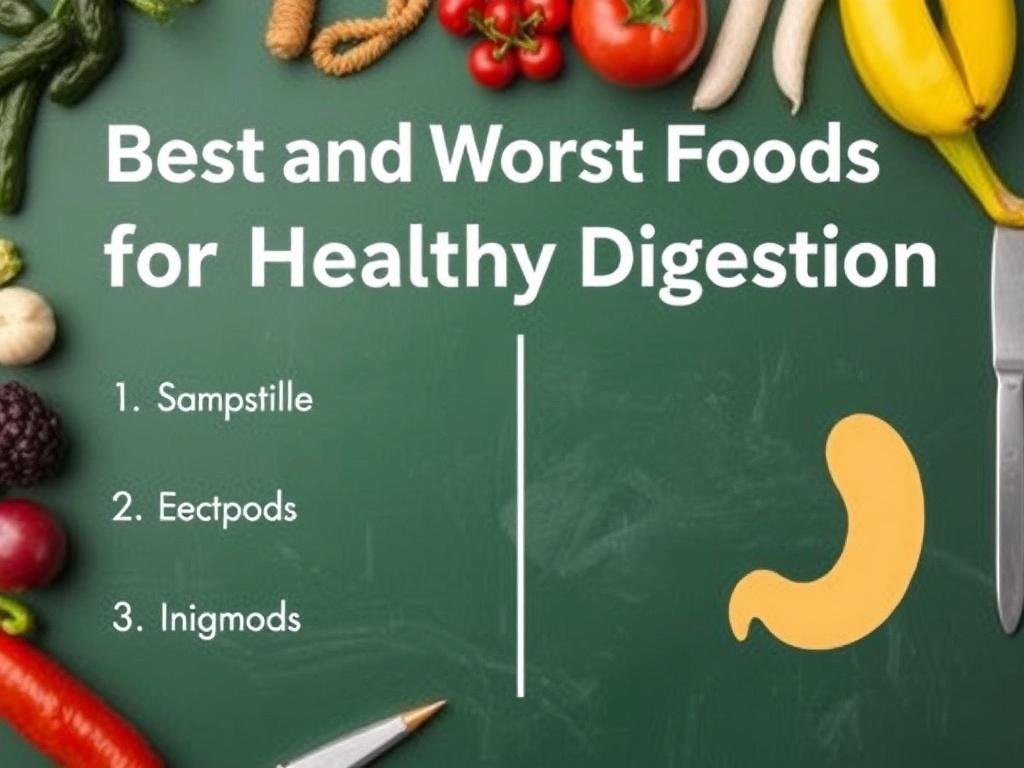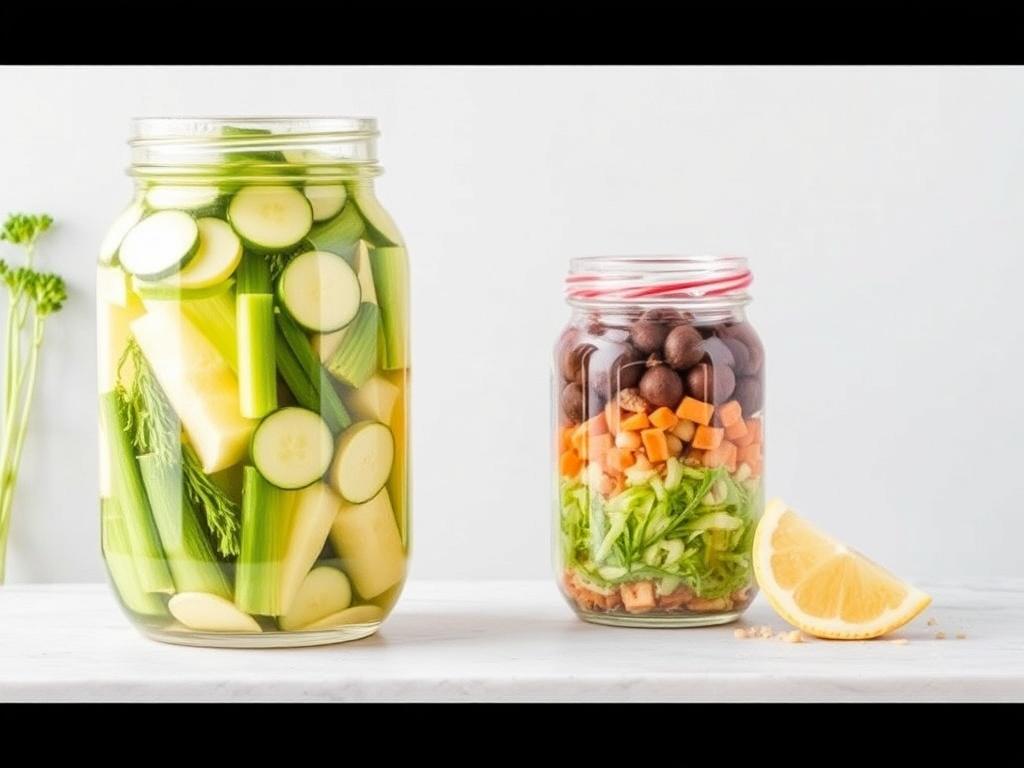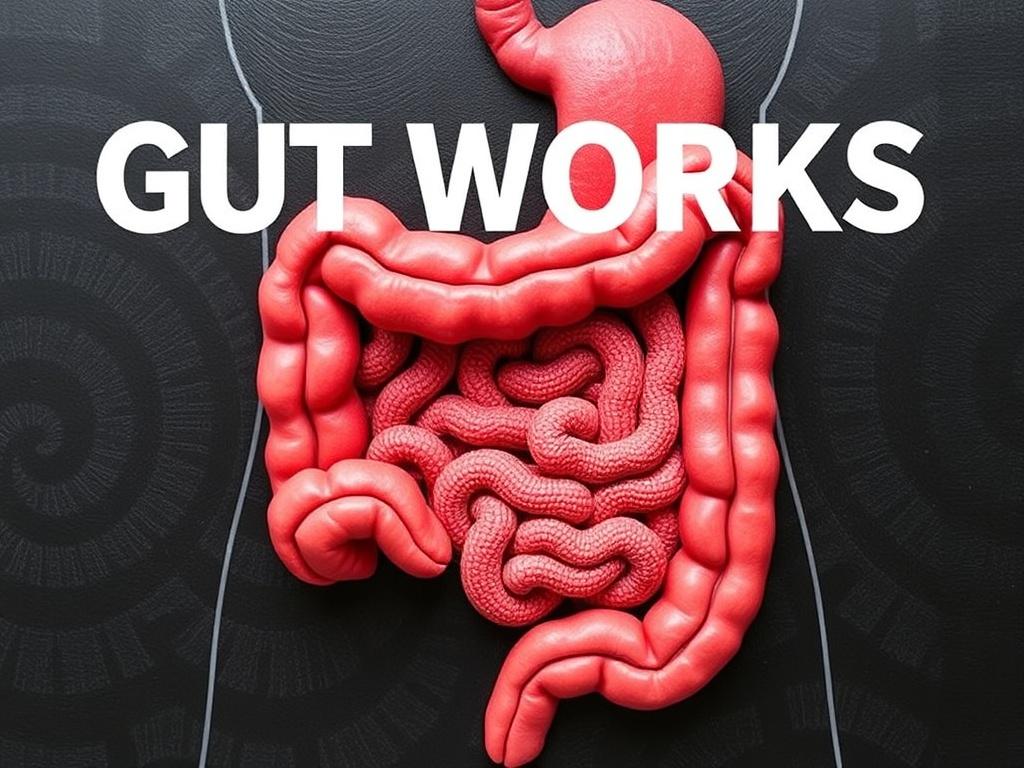Constipation is a common issue that many people face at some point in their lives. It can be uncomfortable, frustrating, and even painful. But the good news is that constipation relief doesn’t always require medications or complicated treatments. By understanding the right foods to eat and adopting simple daily habits, you can significantly improve your digestive health and find relief naturally. This article will guide you step by step through the best foods and habits that help alleviate constipation, giving you practical tips that are easy to implement. Whether you’re dealing with occasional constipation or a more persistent problem, you’ll find valuable advice right here.
Understanding Constipation: What Causes It and Why It Matters
Before diving into foods and habits that help, it’s important to understand what constipation actually is. Constipation generally means having fewer than three bowel movements per week, or difficulty passing stools. Stool can become hard, dry, and painful to pass, leading to discomfort and bloating. Constipation can occur due to a variety of reasons: lack of dietary fiber, insufficient water intake, sedentary lifestyle, certain medications, or even ignoring the urge to go.
The journey to constipation relief starts by recognizing the factors that cause it. When waste material lingers too long in the colon, the body absorbs excessive water from it, making stool hard and difficult to move. Addressing this through diet and lifestyle changes is essential because chronic constipation may lead to complications such as hemorrhoids, anal fissures, or rectal prolapse.
Top Foods That Help Relieve Constipation
Eating the right foods can make a huge difference in your bowel regularity. These foods are rich in dietary fiber, moisture, and natural compounds that stimulate your digestive system. Let’s explore them in detail.
1. High-Fiber Foods
Fiber is your best friend when it comes to constipation relief. It adds bulk to your stool and helps it move smoothly through your digestive tract. There are two main types of fiber: soluble and insoluble. Soluble fiber dissolves in water to form a gel-like material, while insoluble fiber adds bulk and speeds up the passage of waste.
- Whole grains: Brown rice, oatmeal, quinoa, barley, and whole wheat bread provide excellent insoluble fiber.
- Legumes: Beans, lentils, and chickpeas are packed with both soluble and insoluble fiber.
- Fruits: Apples, pears, berries, and prunes contain fiber and natural sugars that promote bowel movements.
- Vegetables: Broccoli, carrots, spinach, and Brussels sprouts are great fiber sources.
2. Prunes and Other Dried Fruits
Prunes are often recommended for constipation relief because they contain a special sugar called sorbitol. Sorbitol works as a natural laxative by drawing water into the intestines, softening the stool, and stimulating bowel movements. Other dried fruits such as figs, apricots, and raisins also offer a similar, though milder, effect.
3. Hydrating Foods
Water plays a vital role in preventing and relieving constipation. But besides drinking fluids, consuming hydrating foods can help keep your bowels moving. Cucumbers, watermelon, oranges, and celery are high in water content, which aids in stool softening.
4. Probiotic-Rich Foods
Your gut bacteria influence how well your digestive system works. Probiotics are “good” bacteria found in fermented foods that can help restore balance in your gut flora and improve bowel regularity. Examples include yogurt, kefir, sauerkraut, kimchi, and miso.
Habits That Help Alleviate Constipation
Along with diet, establishing healthy daily habits is crucial to constipation relief. Here are some simple but effective habits you can incorporate:
1. Drink Plenty of Water
Staying hydrated is essential because water softens stool, making it easier to pass. Adults should aim for at least 8 glasses of water a day, but you may need more if you’re increasing fiber intake, exercising, or living in a hot climate.
2. Regular Physical Activity
Exercise stimulates your intestinal muscles to move stool through the colon. Even daily walks, yoga stretches, or light aerobic activity can significantly improve digestion and reduce constipation.
3. Establish a Routine
Try to go to the bathroom at the same time every day, ideally after meals when your body naturally triggers bowel movements. Don’t ignore the urge to go, as ignoring it can worsen constipation over time.
4. Manage Stress
Stress and anxiety can interfere with normal bowel function. Practices like meditation, deep breathing exercises, or journaling help relax your digestive system.
Table: Foods and Habits for Constipation Relief at a Glance
| Category | Examples | How They Help |
|---|---|---|
| High-Fiber Foods | Whole grains, beans, fruits, vegetables | Add bulk to stool, speed passage through intestines |
| Dried Fruits | Prunes, figs, apricots | Contain sorbitol, a natural laxative |
| Hydrating Foods | Cucumber, watermelon, oranges | Increase water content in stool |
| Probiotic Foods | Yogurt, kefir, sauerkraut | Improve gut bacteria balance and digestion |
| Hydration | Water, herbal teas | Softens stool, supports digestion |
| Physical Activity | Walking, yoga, aerobic exercise | Stimulates intestinal muscles |
| Routine | Consistent bathroom time, respond to urge | Train bowel habits, reduce stool blockage |
| Stress Management | Meditation, breathing exercises | Relaxes digestion, reduces gut tension |
Practical Tips to Incorporate These Foods and Habits Into Your Daily Life
Changing your diet and habits can feel overwhelming, but small adjustments really add up. Here are some actionable steps you can start with:
- Add a serving of fruit or vegetables to every meal. For example, toss berries into your morning cereal or have a salad with dinner.
- Swap white bread and rice for whole grain alternatives. Try brown rice or whole wheat pasta once a week and increase gradually.
- Keep a water bottle handy. Sip water throughout the day and aim for at least 8 glasses.
- Include a probiotic source daily. Eat yogurt or try fermented vegetables as snacks.
- Schedule a daily walk or stretch session. Even 20 minutes can boost digestion.
- Listen to your body. When you feel the urge to go, don’t delay.
- Practice relaxation techniques. Even five minutes of deep breathing can ease gut tension.
When to Seek Medical Advice
While most constipation cases can be managed with foods and habits, sometimes it indicates a more serious condition. You should consult a healthcare provider if you experience any of the following:
- Severe or persistent constipation lasting more than three weeks
- Sudden change in bowel habits with weight loss
- Blood in stool or black, tarry stools
- Severe abdominal pain or bloating
Your doctor can help identify underlying causes and recommend appropriate treatments, which may include medications or diagnostic tests.
Common Myths About Constipation Relief
It’s easy to get caught up in misconceptions about how to relieve constipation. Let’s clear up some common myths:
- Myth: You should avoid fiber if you’re constipated.
Truth: Fiber is usually the first thing to increase, unless you have certain medical conditions. It helps soften and bulk stool for easier passage. - Myth: Taking laxatives frequently is harmless.
Truth: Overusing laxatives can disrupt normal bowel function and cause dependency. Use them under medical supervision. - Myth: Drinking coffee causes constipation.
Truth: Coffee often stimulates bowel movements due to caffeine’s effects, though it can cause dehydration if overconsumed.
Why Lifestyle Matters More Than Quick Fixes
While it can be tempting to reach for pills or laxatives at the first sign of constipation, relying solely on these quick fixes often fails to solve the underlying problem. Developing lasting lifestyle changes—eating fiber-rich foods, drinking plenty of water, staying active, and managing your stress—creates a strong foundation for healthy digestion and regular bowel movements.
Not only do these habits provide constipation relief, but they also improve your overall well-being, boost your energy, and support immune function. Taking care of your gut health is foundational to feeling your best every day.
Conclusion
Constipation relief is achievable through a mindful combination of foods and habits that support your digestive system naturally. Incorporating high-fiber foods like whole grains, fruits, and vegetables, along with hydrating and probiotic-rich foods, can transform your bowel health for the better. Equally important are daily habits such as drinking enough water, staying physically active, respecting your body’s natural rhythms, and managing stress. By embracing these consistent, simple strategies, you can say goodbye to the discomfort and frustration of constipation and enjoy the lightness and comfort of a well-functioning digestive system. Remember, your gut health is a vital part of your overall wellness, so nurturing it with good nutrition and healthy habits is one of the best gifts you can give yourself.
Читайте далее:
